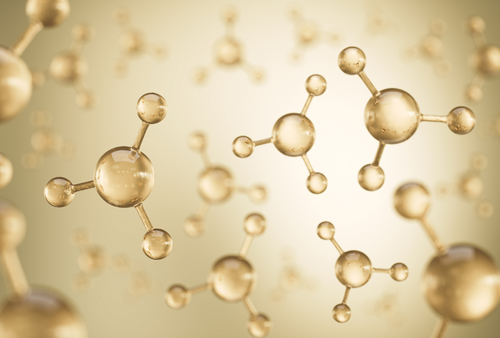By: Stacey Simon, MS RDN CSG CDN
Protein is responsible for many tasks in our bodies, including building and repairing muscles, strengthening bones, and boosting our immune systems, among other things. Protein is a necessary part of our diet, and choosing the right sources of protein can make a difference in many facets of our health, including reducing inflammation, improving cardiac health, and more. Here, we’ll break down the different types of protein, and which ones to choose as part of your diet.
Types of Protein
When discussing protein, we can start by breaking things down into two categories: plant protein and animal protein. Both plant and animal sources of protein have benefits and can be a part of a healthy diet. In fact, there is no one “best source” of protein; rather, the variety of different healthy protein sources help us to achieve the most balanced nutrition. Animal protein is generally considered a “complete protein” because it contains all essential amino acids, while plant protein does not always contain all of the essential amino acids. A variety of plant protein sources can help us to get all of the essential amino acids we need. We generally want to choose more lean animal protein foods and plant protein foods, while limiting our intake of processed or high saturated fat proteins.
There is research that shows replacing some animal proteins with plant proteins may help us to decrease the risk of developing chronic conditions such as diabetes, heart disease, and certain cancers. Plant proteins are also a great choice for maintaining healthy kidneys. If you’re not a huge fan of plant proteins, consider adding in just 1 meatless meal every week, swapping animal protein for plant protein!
Animal protein is also beneficial as it is a source of vitamin B12 and generally contains heme iron, a type of iron that is more absorbable in our bodies than non-heme iron found in plant foods. When choosing animal protein, we want to opt for leaner sources, such as eggs, lean (white meat, boneless, skinless) poultry, fish, and low-fat dairy products. Red meat doesn’t have to be off the table entirely; simply choose leaner cuts and limit the frequency of these foods in the diet. Opt for pork tenderloin in place of a fatty pork chop or a petite filet instead of a NY strip, and limit the frequency of choosing red meat.
How Much Protein?
You may be wondering how much protein you should consume in order to meet your protein needs. The exact quantity of protein required depends on a multitude of factors, including age, activity level, medical conditions, and whether or not you’re going for a surgery (or are recovering from one). If you’re curious about how much protein your body needs, speak with a Registered Dietitian, who can give you specific recommendations.
Lean Protein Sources
Animal Protein: Poultry, Fish, Eggs, Low-fat dairy

Plant Protein: Beans, Legumes, Nuts, Seeds, Tofu and Soybeans




